For half a century during the mid-1800s, traveling across northern Louisiana was a dusty, bumpy ride by stagecoach. And on occasion, the slow horse-drawn coaches were the targets of robbers, marking an era of both adventure and peril on the road.
forgotten louisiana stagecoach road
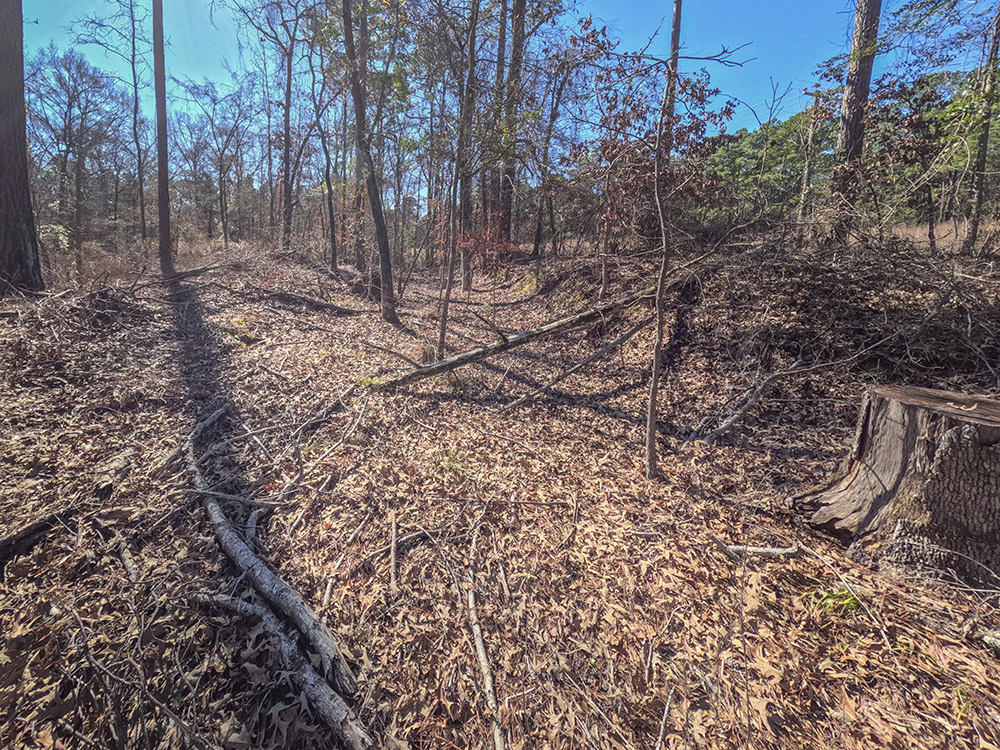
Wesley Harris, a retired police detective turned historian for the Claiborne Parish Library in Homer, sheds light on a forgotten aspect of Louisiana’s transportation history. “This is the old road bed,” he says. Harris guides us to a wooded area resembling a long, wide trench. The depression, formed by continuous wagon and horse traffic, marks the path of countless journeys. “They would have rutted the ground,” Harris explains, and created this deep, “sunken appearance of the road.”
a rough ride across north louisiana
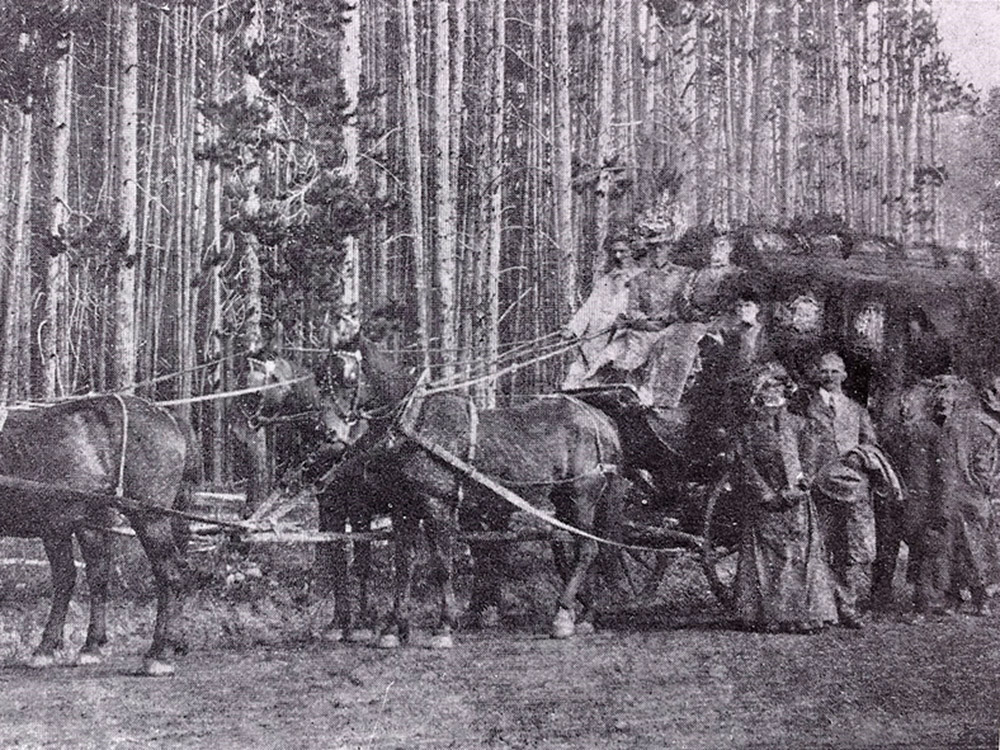
Traveling by stagecoach was not for the faint-hearted. A trip from Shreveport to Monroe, now a 90-minute drive, would have taken at least 24 hours. Harris says the journey included frequent stops to change horses and the option to stay at inns or private residences along the way. “It was a very rocky, bumpy ride,” he says, not to mention the risk of overturning due to the coaches’ top-heavy design.
Louisiana stagecoach road featured on tv
finding the louisiana stagecoach history
There are a few remaining structures scattered along the north Louisiana stagecoach route that would have been there when the stages were active in the 1830’s to 1880’s. The stage would have passed the Mount Lebanon Baptist Church, which has stood along the route since 1837. And a short distance away you can drive on a blacktop road called, “Stagecoach Trail”. There you also find a two-story white house with columns that once served as a stagecoach inn, welcoming overnight travelers. “They would just rent a space on the veranda in front of the house,” Harris explains. Travelers would sleep outside on the porch.
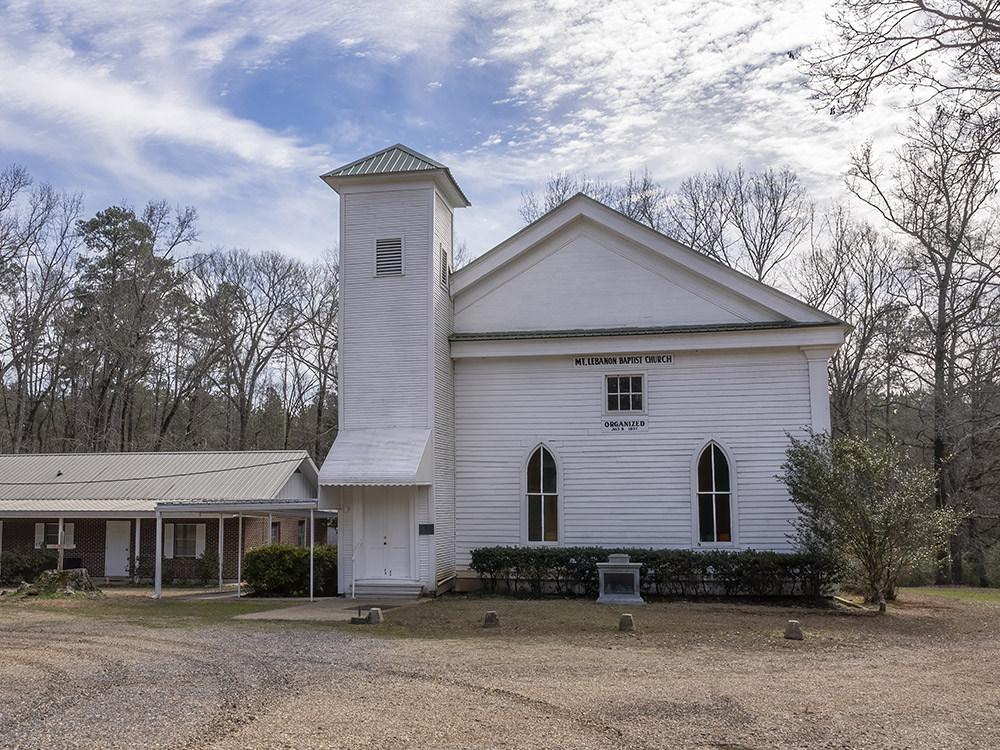
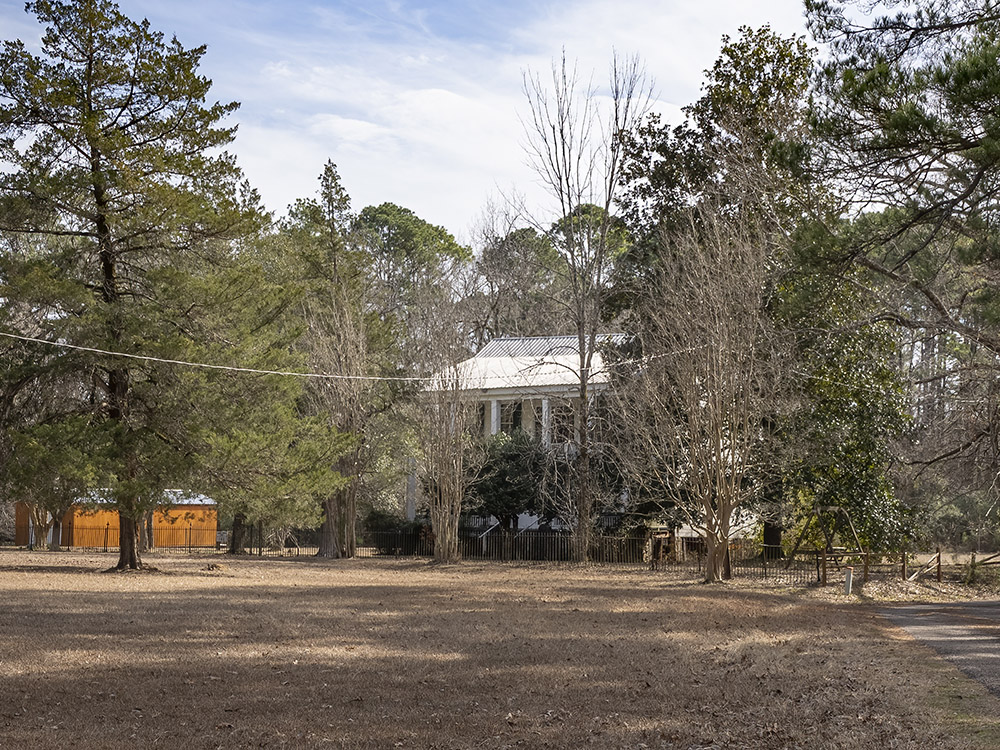
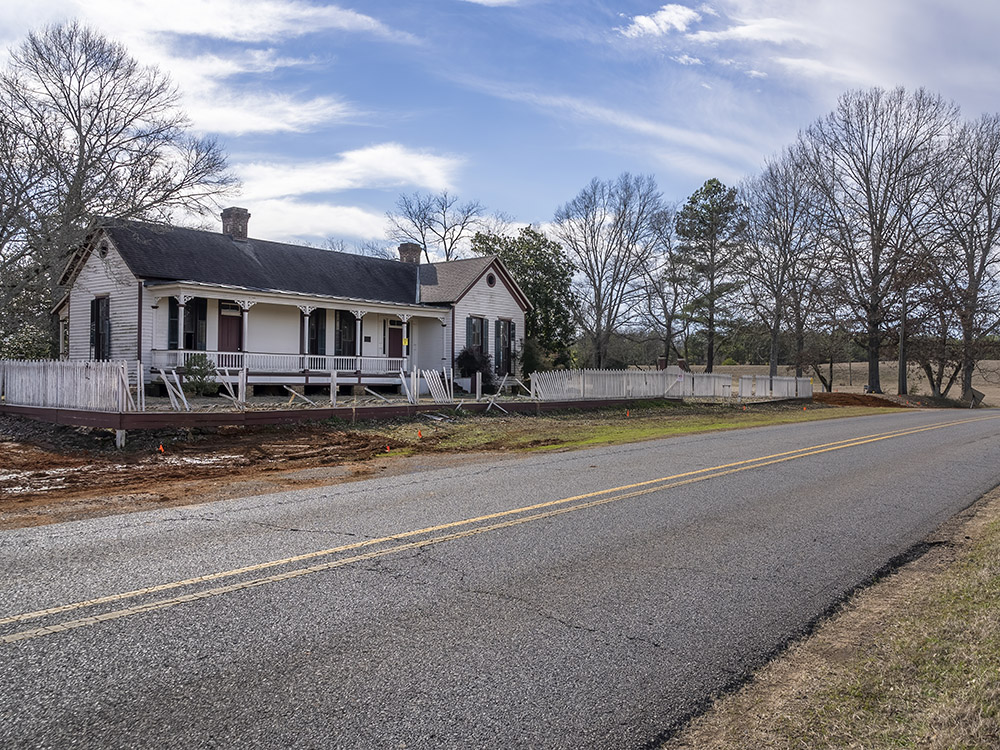
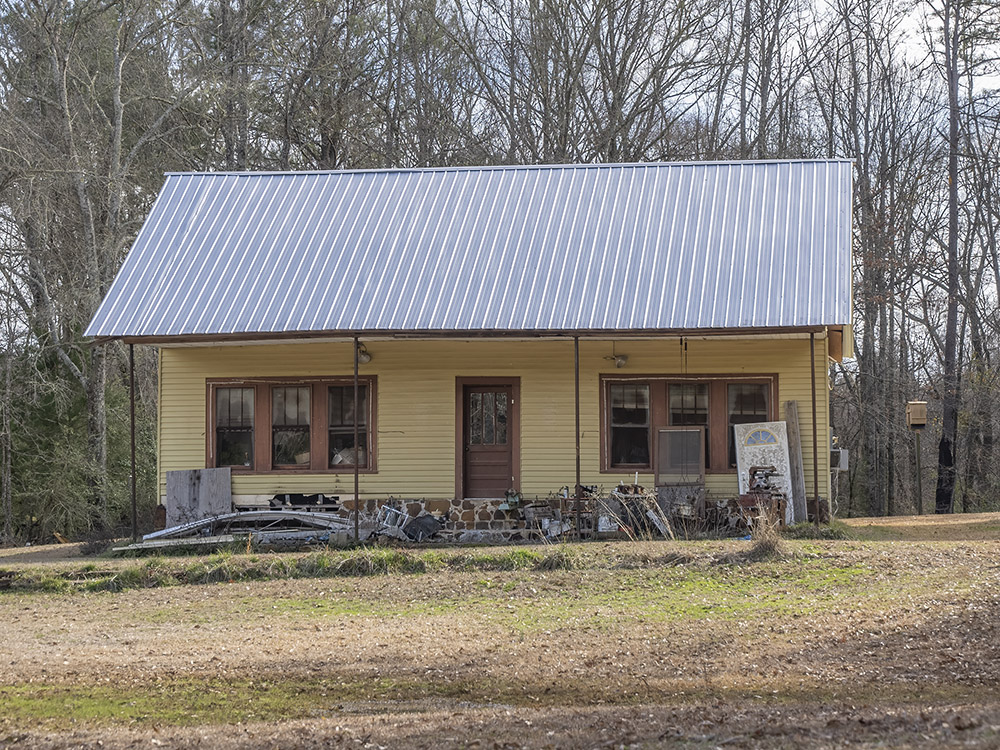
a double stagecoach robbery
Harris’ investigation also suggests that outlaw Jesse James and his gang robbed two stagecoaches near the town of Arcadia in 1874. “A man stepped out in the roadway wearing a mask and ordered the stage to stop”, Harris says. Four men stepped out of the bushes and robbed the passengers of personal belongings and stole the mail. And while this robbery was taking place, a second stagecoach approached from the opposite direction and was also robbed by the bandits. According to Harris’ research, “That’s the only known double stagecoach robbery in American history”.
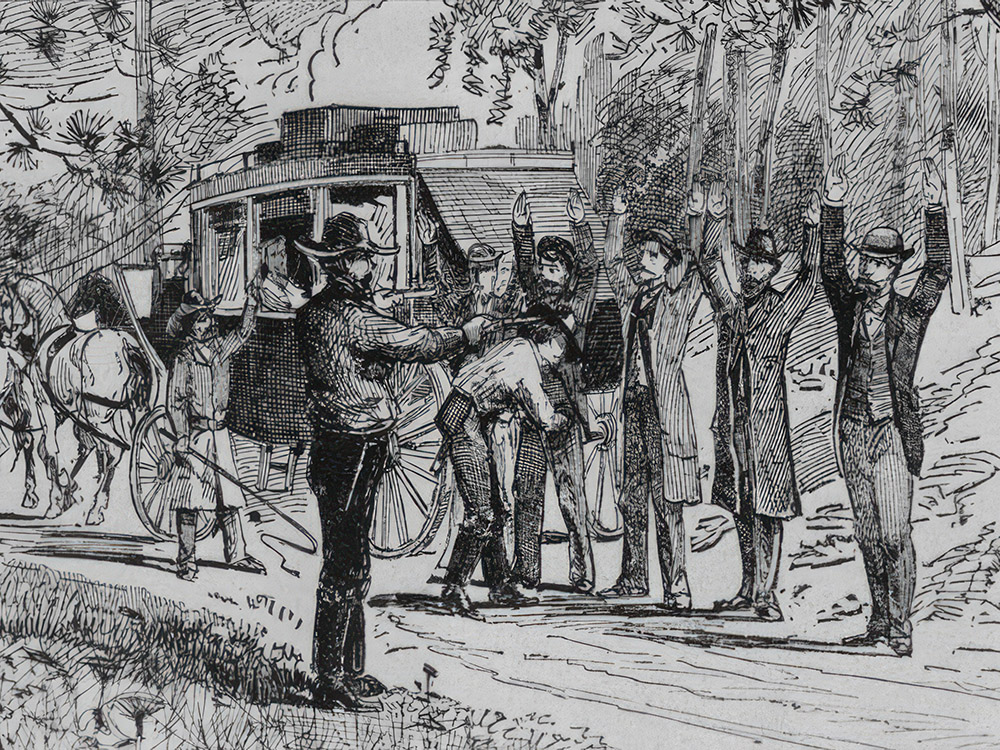
And Harris says there were other robberies a few days later, a stagecoach near Hot Springs, Arkansas, and a train robbery farther north in Missouri. Evidence from those crimes show a connection to Jesse James, according to Harris. The former detective believes all of the robberies are connected, “It’s highly likely that they committed those robberies”. Harris adds, “maybe not enough to gain a conviction, but odds are in favor they committed that double robbery.”
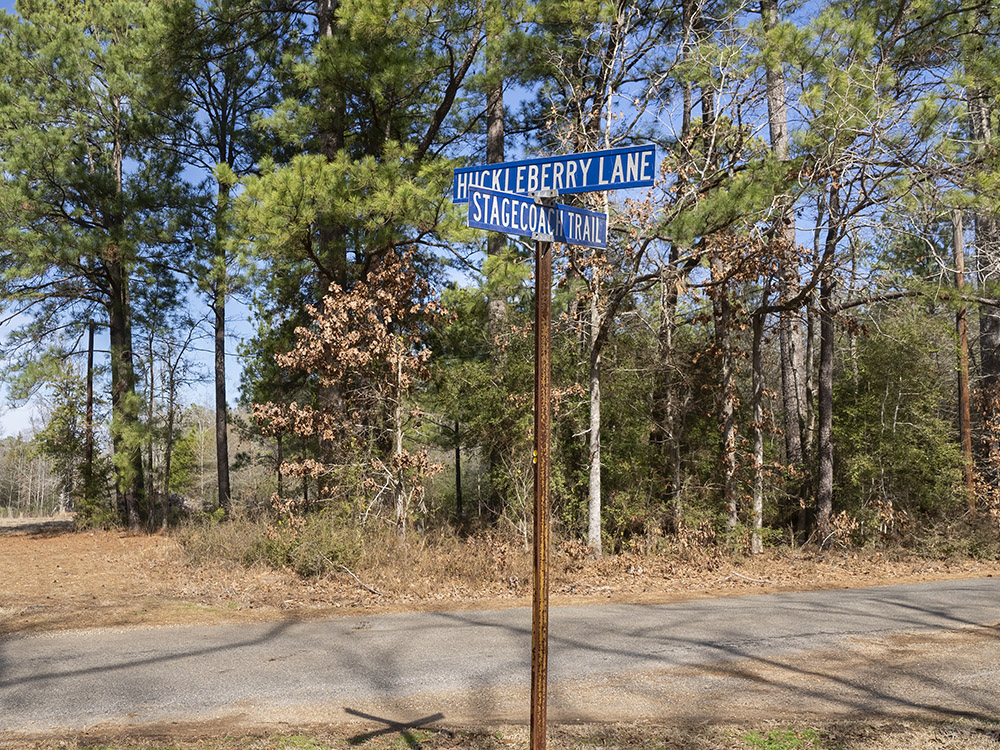
ticket to ride
A ticket to ride the stagecoach from Shreveport to Monroe would cost $15, a hefty sum for the mid-19th century. The stagecoach was a vital but uncomfortable and risky ride that delivered people and the mail across northern Louisiana for 50 years.

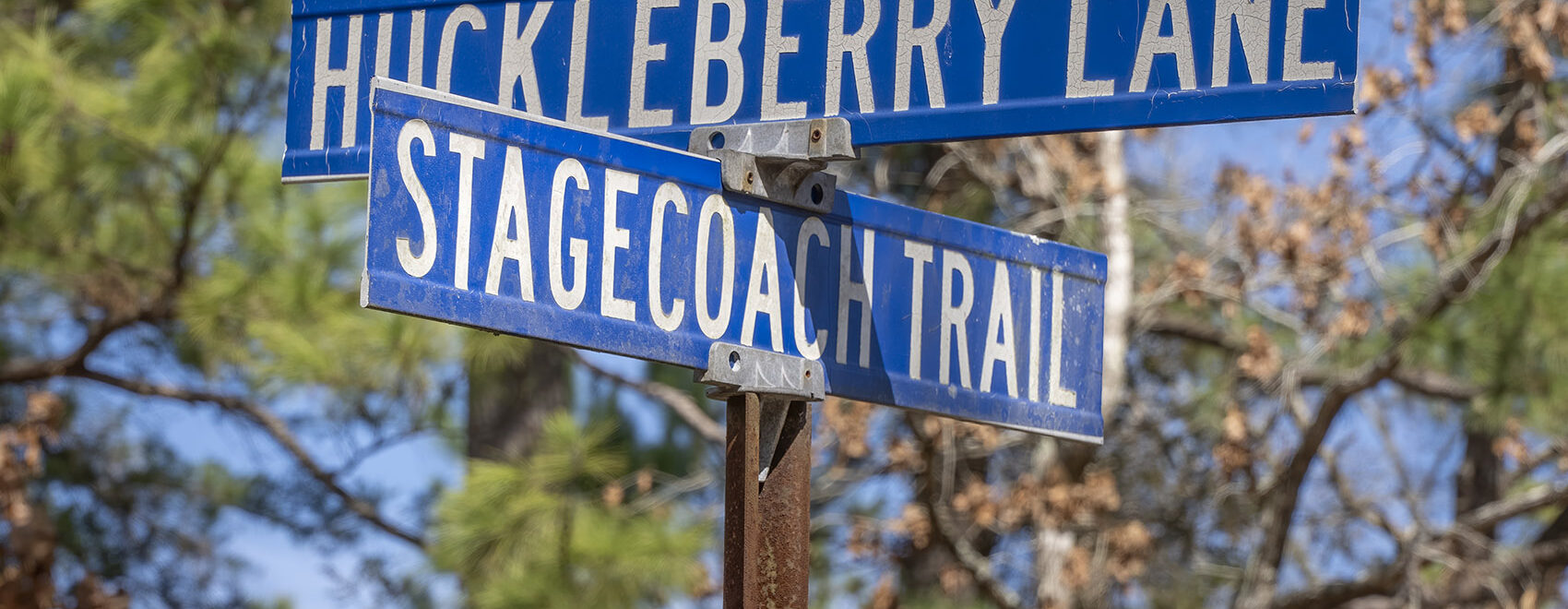

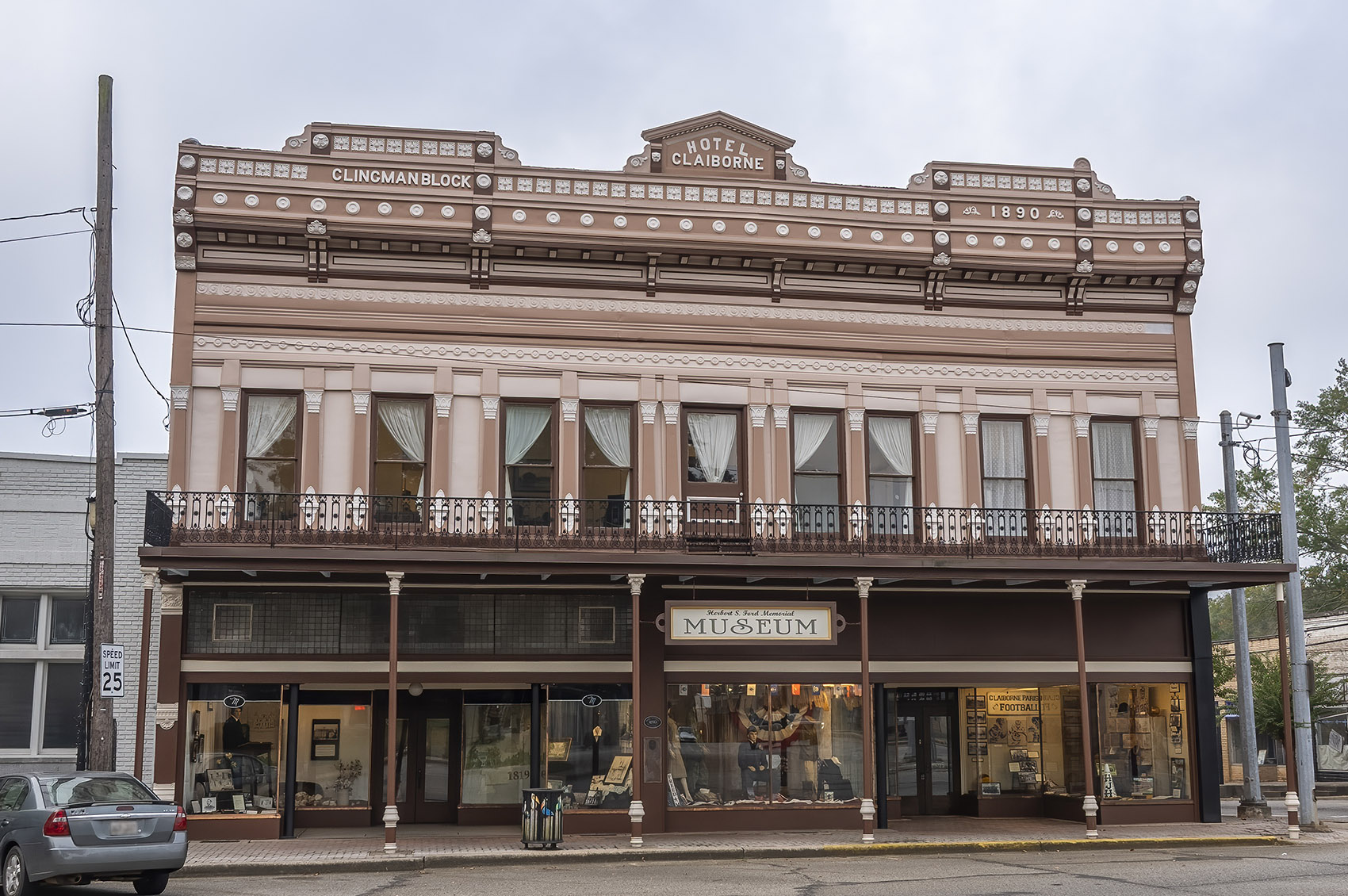
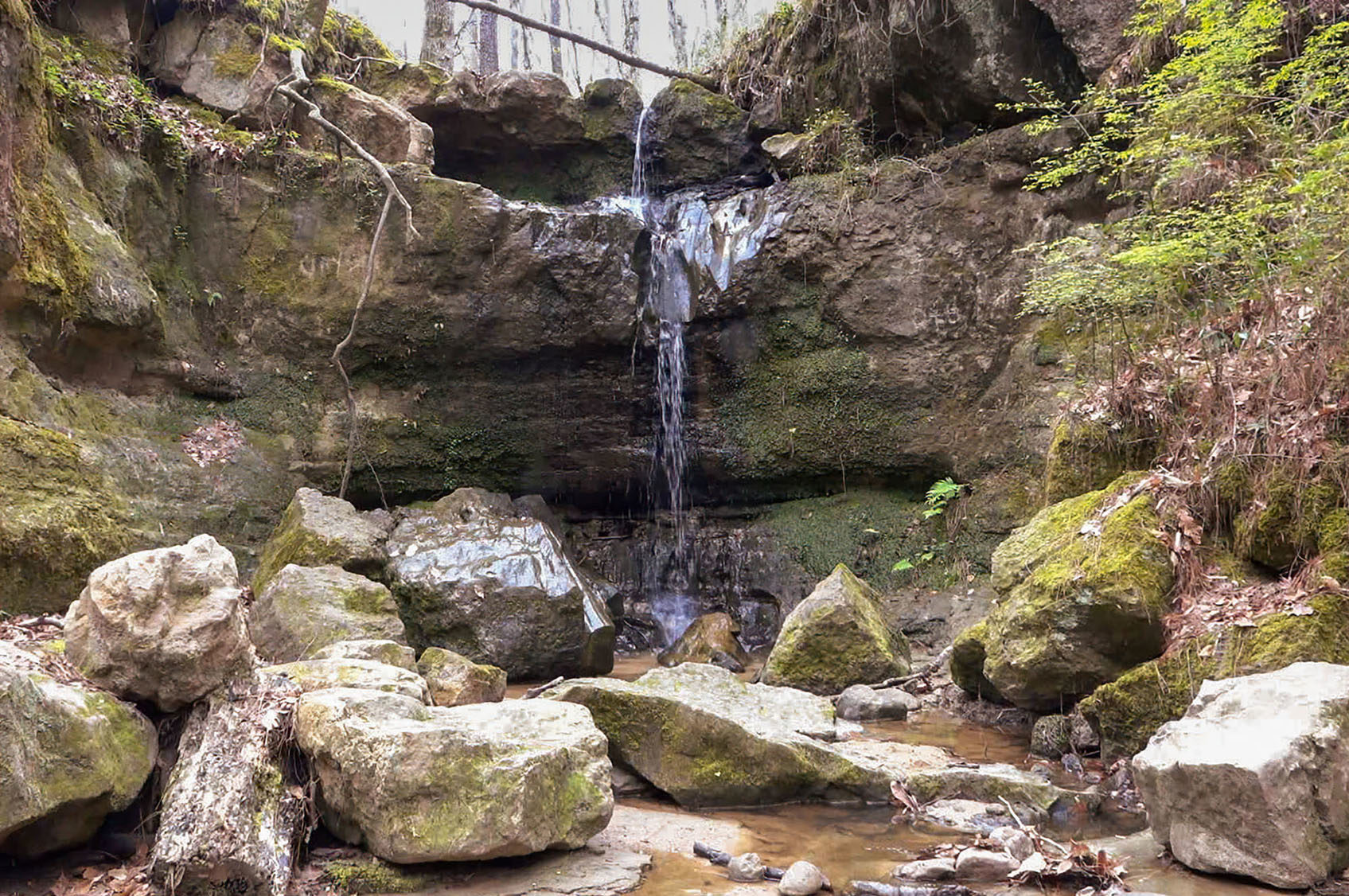
Joyce
Most interesting , however I do enjoy many of the stories you have given through the years.
Sarah smith
Does anyone know where the old devils church is in the woods on old stage coach road in there by marshall tx in the woods someone told me it’s close to the bridge on the right 75 yards into the woods on a trail is this correct